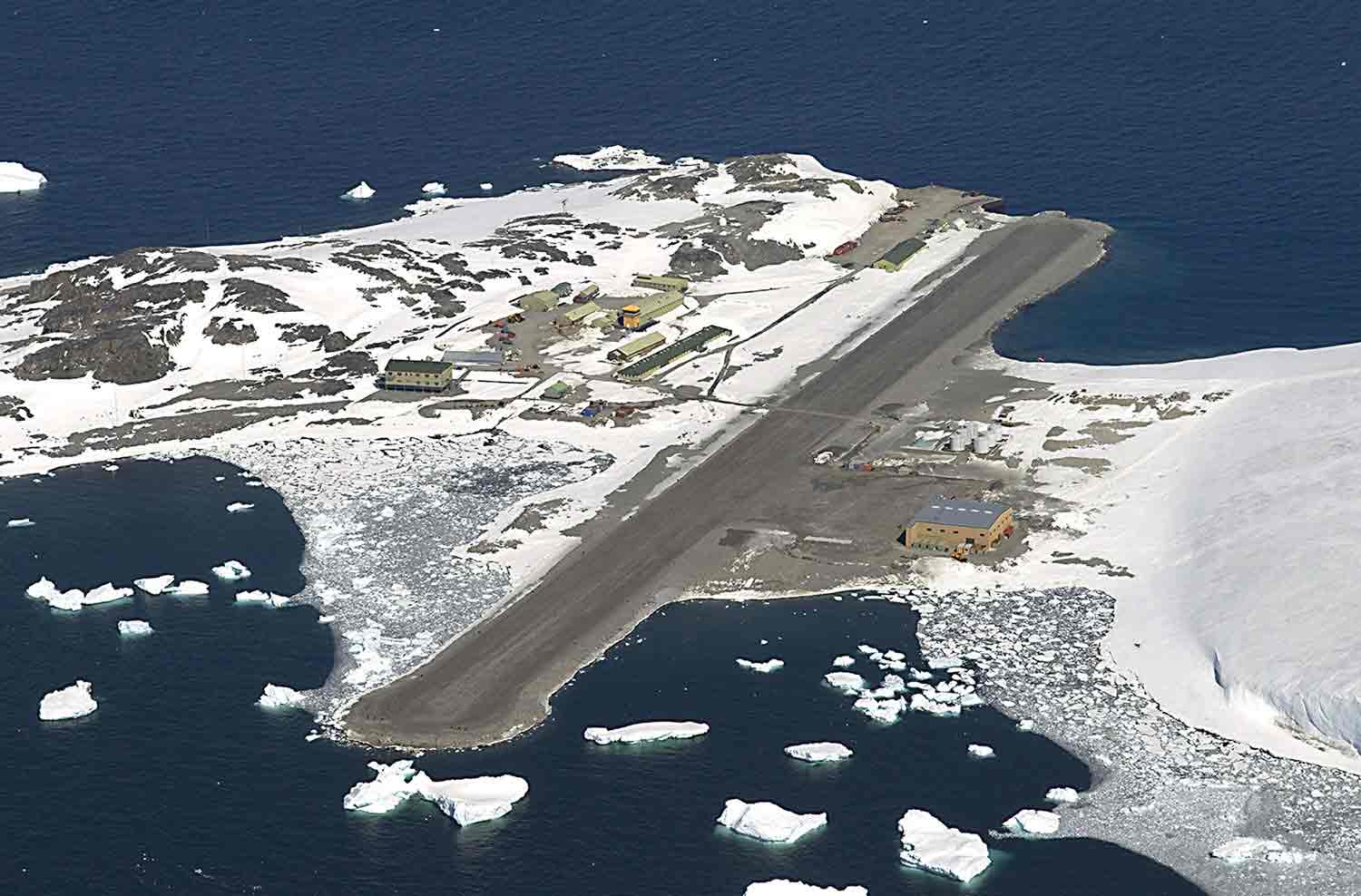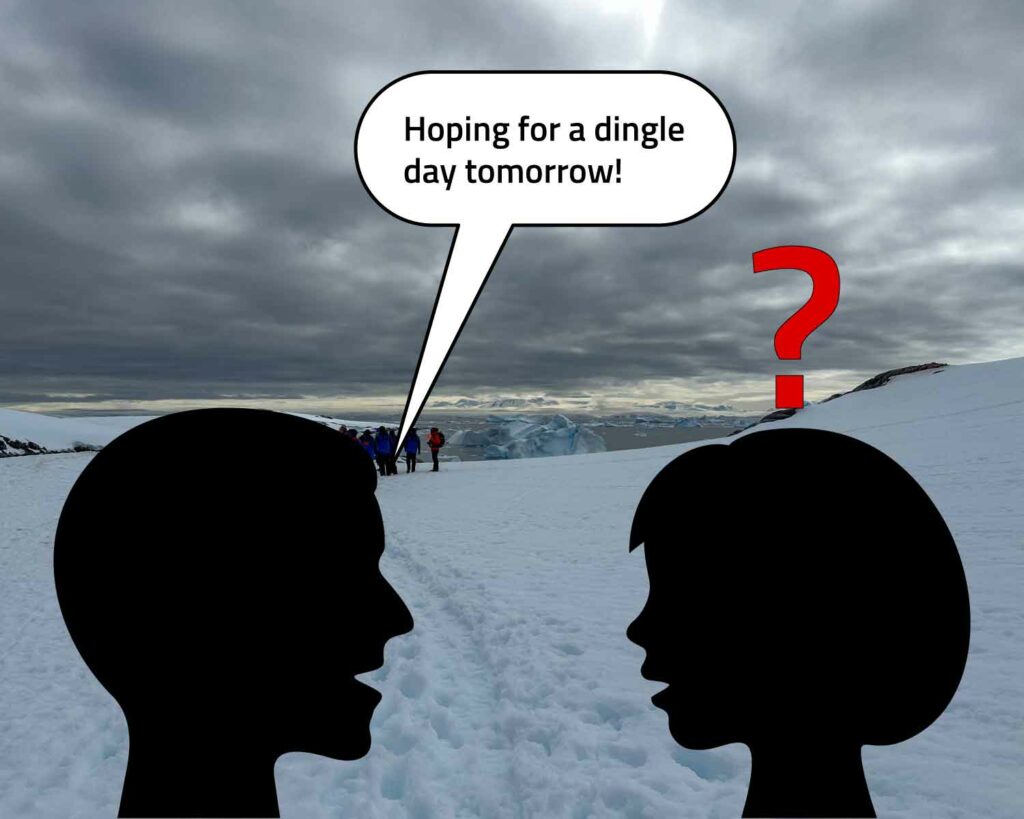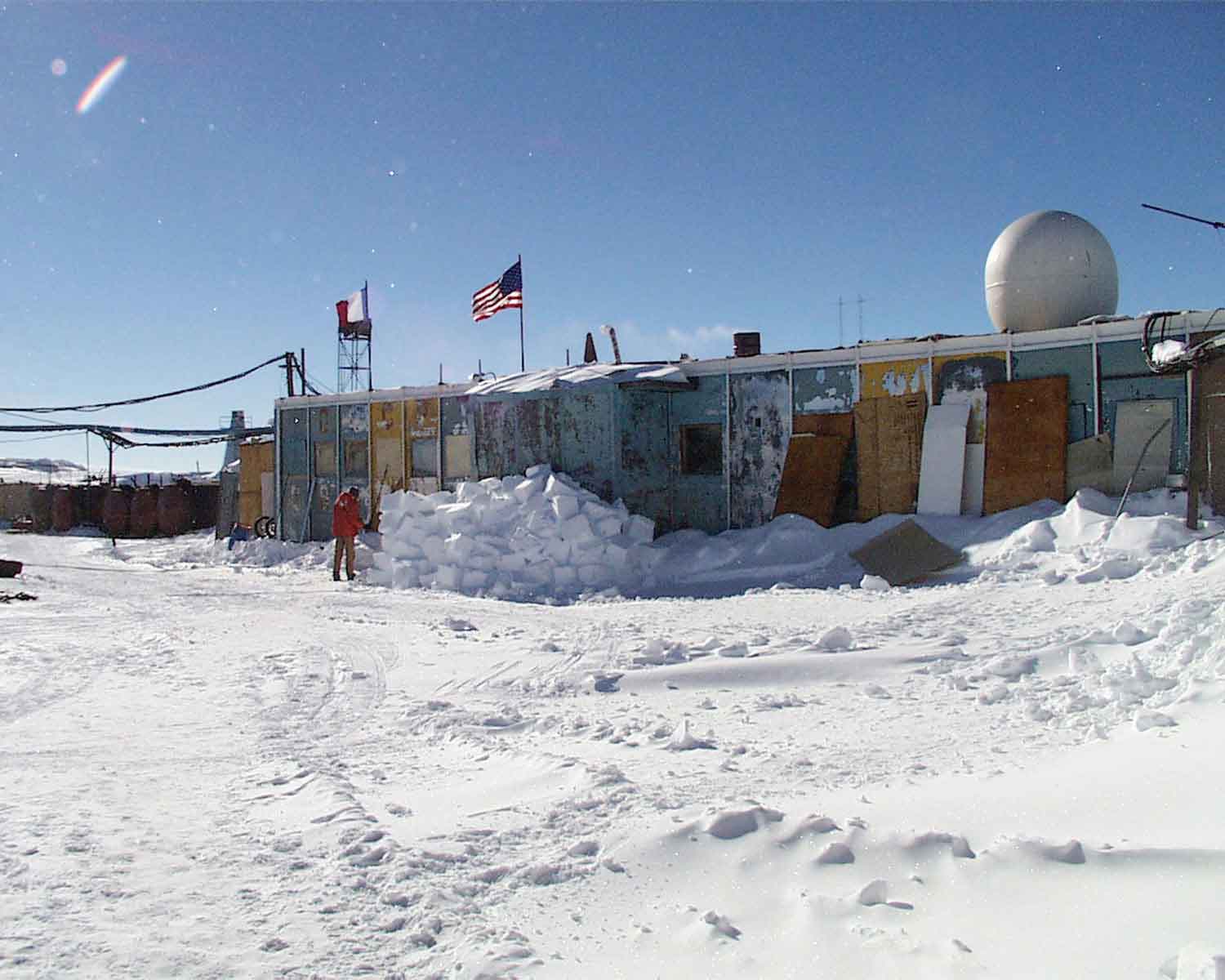An Antarctic Accent?
During a six-month stay in remote Antarctica, researchers began to speak differently.

Courtesy British Antarctic Survey
Rothera Research Station
Why is English pronounced so differently in the United States and the United Kingdom, or in New York City and Dallas, Texas? It’s hard to trace how and why a particular accent develops. But researchers say they were able to hear the beginning of a brand-new accent in a series of recordings. You could call this accent “Antarctic.”
Although Antarctica has no permanent residents, a small number of people, mostly scientists, stay on the continent’s research bases for months at a time. This temporary population has many of the ingredients necessary to develop an accent. They are geographically isolated for much of the year because travel to and from Antarctica is so difficult during the winter. And since phone calls to the outside world are expensive, they mostly talk to one another. Researchers at Ludwig-Maximilians-University of Munich in Germany wanted to find out whether these conditions would change how people talk.
The researchers asked a group of 26 people to record themselves talking every few weeks during a six-month stay at Antarctica’s Rothera Research Station. The group included scientists, a chef, an engineer, and a plumber. All of them were told to say the same 29 English words each time they recorded. When the researchers analyzed the recordings, they found very subtle changes in the way these words were being pronounced over time. They also found that the 26 Antarctic residents were beginning to pronounce these words more similarly to one another, suggesting that a new accent was forming.
Researchers say that a couple of factors probably influenced the new accent. In addition to being isolated, the group members came from different parts of the world, and each person added their own flavor to the way English was being spoken. People who move to a new city do this as well. They begin to speak more like the city’s population, but they also influence the accents heard in the city with their own native accent. That’s why local accents change over time.
The Antarctica participants didn’t notice that their accents were changing—and according to researchers, that’s how accent formation works. It happens very slowly. According to Jonathan Harrington, a professor of phonetics and speech processing at Ludwig-Maximillians-University of Munich, a new accent isn’t usually detectable until the next generation begins to speak.
“For accents to develop to the point where they are noticeable, it really takes a generational change,” Harrington told the BBC. “Children are very good imitators, so that process of memorizing each other’s speech is magnified in children. If the [people in Antarctica] were to have children, like the settlers on the Mayflower when they went to America, the accent would become more stable.”
Since Antarctica doesn’t have a permanent human population, its accent will never fully develop. Still, researchers were fascinated to hear its birth.




